
Articles
How Long Are Freezer Meals Good For
Modified: August 27, 2024
Discover how long freezer meals remain good for. Read our informative articles to learn all about food storage and best practices for freezing meals.
(Many of the links in this article redirect to a specific reviewed product. Your purchase of these products through affiliate links helps to generate commission for Storables.com, at no extra cost. Learn more)
Introduction
Welcome to the world of freezer meals! If you’re someone who loves convenience without compromising on flavor, then freezer meals are a game-changer. Whether you’re a busy professional, a parent juggling multiple responsibilities, or simply someone who enjoys having ready-to-eat meals on hand, freezer meals can be a lifesaver.
But have you ever wondered how long these freezer meals can actually stay good for? How do you know if they’re still safe to eat after being frozen for an extended period? In this article, we’ll dive into the factors that affect the shelf life of freezer meals, recommended storage times for different types of meals, tips for proper storage, and how to identify signs of freezer burn and spoilage.
Understanding the lifespan of freezer meals is crucial for ensuring their quality, taste, and safety. After all, nobody wants to eat a freezer-burned or spoiled meal, right? So, let’s explore the ins and outs of freezer meal longevity and learn how to make the most out of your pre-prepared frozen dinners.
Key Takeaways:
- Properly understanding freezer meal longevity is crucial for maintaining taste, quality, and safety. Factors like ingredients, packaging, and storage time impact shelf life, so follow best practices to maximize the lifespan of your freezer meals.
- Signs of freezer burn and spoilage, such as dry patches, off odors, and mold growth, indicate potential safety concerns. Proper storage techniques, including quality containers, portion control, and labeling, can help preserve the quality and taste of your freezer meals.
Read more: How Long Is Soup Good In The Freezer
Factors that Affect Freezer Meal Shelf Life
Several factors can impact the shelf life of freezer meals. By understanding these factors, you can better determine how long your meals will stay good and take appropriate steps to maintain their quality.
1. Ingredients: The ingredients used in freezer meals play a significant role in determining their shelf life. For example, meals that contain dairy, like cream-based soups or casseroles, may have a shorter shelf life compared to meals that are primarily made with vegetables or proteins.
2. Preparation Method: The way you prepare and cook your freezer meals can affect their longevity. Proper cooking techniques and handling can help ensure that harmful bacteria are eliminated, reducing the chances of spoilage.
3. Packaging: The packaging of freezer meals is essential for preserving their quality. Air and moisture are the primary enemies when it comes to the longevity of frozen food. Using airtight containers or freezer bags removes the risk of freezer burn and helps maintain flavor and texture.
4. Freezing Temperature: The temperature of your freezer can impact the shelf life of freezer meals. It’s crucial to keep the freezer at or below 0°F (-18°C) to ensure that the food stays frozen and doesn’t thaw, leading to potential spoilage.
5. Storage Time: While freezer meals can technically be kept indefinitely in the freezer, their quality will start to deteriorate over time. It’s best to consume your meals within a recommended timeframe to ensure optimal taste and texture.
Understanding these factors will help you make informed decisions when it comes to freezing and consuming your meals. Next, let’s take a look at the recommended storage times for different types of freezer meals.
Recommended Storage Time for Different Types of Freezer Meals
The storage time for freezer meals can vary depending on the type of meal and ingredients used. While freezer meals can technically be stored indefinitely, it’s best to follow some general guidelines to ensure optimal taste and quality. Here are some recommendations for different types of freezer meals:
1. Cooked Meat and Poultry: Cooked meat and poultry dishes, such as casseroles or cooked chicken breasts, can be stored in the freezer for up to 2-6 months. It’s important to properly package them in airtight containers or freezer bags to maintain their flavor and texture.
2. Soups and Stews: Soups and stews that are frozen can last between 2-3 months. To prevent freezer burn, ensure they are stored in airtight containers or freezer bags. If possible, leave some headspace in the container to allow for expansion as the food freezes.
3. Vegetarian and Vegan Meals: Vegetarian and vegan meals, including dishes like bean stews or vegetable curries, can generally be stored for up to 3-4 months in the freezer. As with other meals, proper packaging is essential to maintain their quality.
4. Baked Goods: Baked goods like muffins, cookies, or bread can typically be stored in the freezer for 2-3 months. Be sure to wrap them tightly in plastic wrap or place them in airtight containers to prevent them from drying out.
5. Pre-Assembled Meals: Pre-assembled meals, such as freezer-to-oven lasagnas or freezer-to-slow cooker meals, can be stored for around 3-4 months. Make sure to follow any specific instructions provided with the meal for the best results.
These timeframes are general guidelines, and the quality of the meals may start to decline after these recommended periods. It’s always a good idea to label your freezer meals with the date they were prepared to help keep track of their storage times.
Now that we have an idea of how long different types of freezer meals can be stored, let’s dive into the best practices for properly storing freezer meals to ensure their longevity.
How to Properly Store Freezer Meals for Longevity
To maximize the shelf life of your freezer meals and maintain their quality, it’s important to follow proper storage practices. Here are some tips to help you store your freezer meals effectively:
1. Use Quality Containers: Invest in sturdy, airtight containers or freezer bags that are specifically designed for freezing. These will help prevent air and moisture from entering the containers, reducing the risk of freezer burn.
2. Label and Date: Always label your freezer meals with the name of the dish and the date it was prepared. This will make it easier for you to identify and use them in the correct order, ensuring you don’t keep them stored for too long.
3. Portion Control: Consider portioning your meals before freezing them. This will allow you to thaw and reheat only the amount you need, minimizing waste and ensuring that the remaining portions stay frozen.
4. Cool Before Freezing: Allow your cooked meals to cool completely before transferring them to the freezer. Placing hot food directly into the freezer can raise the temperature inside the freezer and increase the risk of bacterial growth.
5. Remove Excess Air: When using freezer bags, squeeze out as much air as possible before sealing them. This will help prevent freezer burn and keep your meals in optimal condition.
6. Stack and Organize: Arrange your freezer meals in an organized manner, with the oldest meals at the front for easy access. Stack them carefully to utilize the space efficiently, making sure there is enough airflow to allow for even freezing and thawing.
7. Proper Thawing and Reheating: Thaw your freezer meals in the refrigerator or use the defrost function on your microwave if you need them quick. When reheating, ensure the food is heated to a safe internal temperature to kill any potential bacteria.
By following these storage practices, you can significantly extend the shelf life of your freezer meals and enjoy delicious, homemade meals any time you desire.
Next, let’s discuss how to identify signs of freezer burn and spoilage in freezer meals to ensure you’re consuming safe and enjoyable meals.
Freezer meals can typically last for 3-6 months if stored properly. Be sure to label your meals with the date they were prepared to keep track of their freshness.
Signs of Freezer Burn and Spoilage in Freezer Meals
Freezer burn is a common occurrence that can affect the quality of freezer meals over time. It occurs when moisture in the food evaporates, leaving the food dehydrated. Here are some signs to look out for:
1. Dry, Dehydrated Appearance: Freezer burn often manifests as discolored patches on the surface of the food. These patches may appear white, grayish, or brown and can look leathery or shriveled. The texture of the affected areas may be tough or rubbery.
2. Ice Crystals: Another telltale sign of freezer burn is the presence of ice crystals on the surface of the food. This indicates that moisture has escaped and frozen elsewhere in the package.
3. Off Odor or Flavor: Freezer-burned food may have a strange or off-putting odor. Additionally, the flavor of the food may be altered, resulting in a bland or stale taste.
If you notice any of these signs, it’s likely that your freezer meal has developed freezer burn. While freezer-burned food is generally safe to eat, it may not taste as good as fresh food and could affect the overall quality of your meal.
Aside from freezer burn, it’s important to be aware of other signs of spoilage in freezer meals. These signs indicate that the food may no longer be safe to consume:
1. Foul Smell: If your freezer meal emits a strong, unpleasant odor, it’s a clear indication of spoilage. Trust your sense of smell and discard the meal if it smells rancid or rotten.
2. Mold or Discoloration: Any visible mold growth or unusual discoloration, such as green or fuzzy spots on the food, is a sign of spoilage. Mold can spread quickly, so it’s essential to discard the entire meal if you notice any signs of it.
3. Slimy Texture: If the texture of your freezer meal feels slimy or slippery, it’s a sign that bacteria have likely multiplied, indicating spoilage.
It’s important to note that consuming spoiled or rancid freezer meals can lead to foodborne illnesses. Therefore, if you’re unsure about the safety or quality of a freezer meal, it’s always better to err on the side of caution and discard it.
Now that we’ve covered the signs of freezer burn and spoilage, let’s move on to some tips for maximizing the shelf life of your freezer meals.
Read more: How Long Are Tamales Good In The Freezer
Tips for Maximizing the Shelf Life of Freezer Meals
To ensure that your freezer meals stay fresh and delicious for as long as possible, here are some tips to maximize their shelf life:
1. Use Fresh Ingredients: Start with high-quality, fresh ingredients when preparing your freezer meals. Fresh ingredients will generally have a longer shelf life and better taste compared to older or expired ones.
2. Properly Cook and Chill: Ensure that your meals are cooked thoroughly to kill any bacteria or pathogens. After cooking, allow the meals to cool properly before transferring them to the freezer. Rapid cooling can help maintain the quality of the food.
3. Divide into Smaller Portions: Instead of freezing an entire batch of a meal, consider dividing it into smaller portions. This way, you can thaw and reheat only the portions you need, reducing the chance of waste and ensuring that the rest of the meal remains frozen and fresh.
4. Wrap and Seal Well: Proper packaging is key to minimizing the risk of freezer burn. Wrap individual portions tightly in plastic wrap or place them in airtight containers or freezer bags, removing as much air as possible before sealing.
5. Freeze at a Low Temperature: Set your freezer to a temperature of 0°F (-18°C) or below. Lower temperatures ensure a stable freezing environment and help maintain the quality and taste of your freezer meals.
6. First In, First Out (FIFO): Practice the FIFO method when it comes to using your freezer meals. Consume the older meals first to prevent them from sitting in the freezer for too long and potentially losing quality.
7. Keep Your Freezer Organized: Maintain an organized freezer by labeling and dating your freezer meals. This will help you easily identify what meals you have on hand and their respective storage times.
8. Avoid Temperature Fluctuations: Minimize temperature fluctuations in your freezer by opening the freezer door only when necessary. Frequent opening and closing of the freezer can cause temperature fluctuations, which can negatively impact the quality of your freezer meals.
9. Keep a Freezer Inventory: Keep track of the meals you have stored in your freezer by creating and updating a freezer inventory. This will help you keep organized and prevent any meals from being forgotten or left in the freezer for too long.
By following these tips, you can ensure that your freezer meals stay fresh, flavorful, and safe to eat for an extended period. Now, let’s address some frequently asked questions about freezer meal longevity.
Frequently Asked Questions about Freezer Meal Longevity
1. Can I freeze any type of meal?
While many meals can be successfully frozen, some foods do not freeze well. Examples include dishes with a high water content, like cucumbers and lettuce, as they can become mushy and lose their texture when thawed.
2. Can I freeze meals with dairy or cream-based sauces?
Yes, you can freeze meals with dairy or cream-based sauces. However, keep in mind that the texture of the sauce may change slightly upon thawing. Consider incorporating ingredients like cornstarch or flour to help stabilize the sauce during freezing and reheating.
3. How long can I keep freezer meals in the freezer?
Freezer meals can be kept in the freezer for an indefinite period. However, for best quality and taste, it is recommended to consume them within 3-6 months.
4. Can I refreeze leftovers from a thawed freezer meal?
It is generally safe to refreeze leftovers from a thawed freezer meal if they have been properly handled and stored at a safe temperature. However, keep in mind that each time you thaw and refreeze food, its quality may deteriorate.
5. Can I freeze meals that have already been cooked and reheated?
It is not recommended to freeze meals that have already been cooked and reheated, as this can negatively impact their quality and safety. It is best to freeze meals before they have been reheated.
6. How can I prevent freezer burn?
To prevent freezer burn, ensure that your meals are well-wrapped or stored in airtight containers to minimize exposure to air. Squeezing out as much air as possible from freezer bags is also helpful. Additionally, try to use meals within the recommended storage time to minimize the chances of freezer burn.
7. Can I freeze meals in glass containers?
Yes, you can freeze meals in glass containers, but it’s important to use ones specifically designed for freezing. Ensure that the glass container is freezer-safe and leave sufficient headspace to allow for food expansion as it freezes.
8. Is it safe to eat freezer meals that have been stored for a long time?
While freezer meals can be stored for an indefinite period, their quality may deteriorate over time. It is generally safe to consume freezer meals that have been stored for a long time as long as they have been properly handled and not showing signs of spoilage. Use your judgment and rely on sensory cues like odor, appearance, and texture to determine if the meal is still safe to eat.
Remember to always follow good food safety practices and trust your instincts when it comes to consuming frozen meals.
Now that we’ve addressed some common questions, let’s conclude our discussion on freezer meal longevity.
Conclusion
Properly understanding and managing the shelf life of freezer meals is essential for maintaining their taste, quality, and safety. By considering factors that affect freezer meal longevity, following recommended storage times for different types of meals, and implementing best practices for storage, you can maximize the lifespan of your freezer meals and enjoy convenient and delicious meals whenever you need them.
It’s important to be aware of signs of freezer burn and spoilage, such as dry and discolored patches, off odors or flavors, mold growth, slimy texture, and foul smells. Identifying these signs can help you determine whether a meal is still safe to eat or if it should be discarded.
With proper storage techniques, such as using quality containers, practicing portion control, labeling and dating meals, and keeping an organized freezer, you can ensure that your freezer meals remain in optimal condition for an extended period. By freezing at the right temperature, practicing FIFO, and avoiding temperature fluctuations, you can preserve the quality and taste of your freezer meals.
However, it’s essential to note that while freezer meals can be kept in the freezer indefinitely, their quality will start to deteriorate over time. It’s best to consume them within the recommended storage times to enjoy the best flavor and texture.
By following these guidelines and being mindful of food safety practices, you can successfully navigate the world of freezer meals and make the most out of their convenience. So stock up your freezer, label your meals, and enjoy the freedom of having delicious, homemade meals ready to go whenever you need them!
Remember, freezer meals are a fantastic solution for busy individuals or anyone looking for convenient and tasty meal options. With some planning, preparation, and proper storage, freezer meals can be a game-changer for your lifestyle.
Frequently Asked Questions about How Long Are Freezer Meals Good For
Was this page helpful?
At Storables.com, we guarantee accurate and reliable information. Our content, validated by Expert Board Contributors, is crafted following stringent Editorial Policies. We're committed to providing you with well-researched, expert-backed insights for all your informational needs.

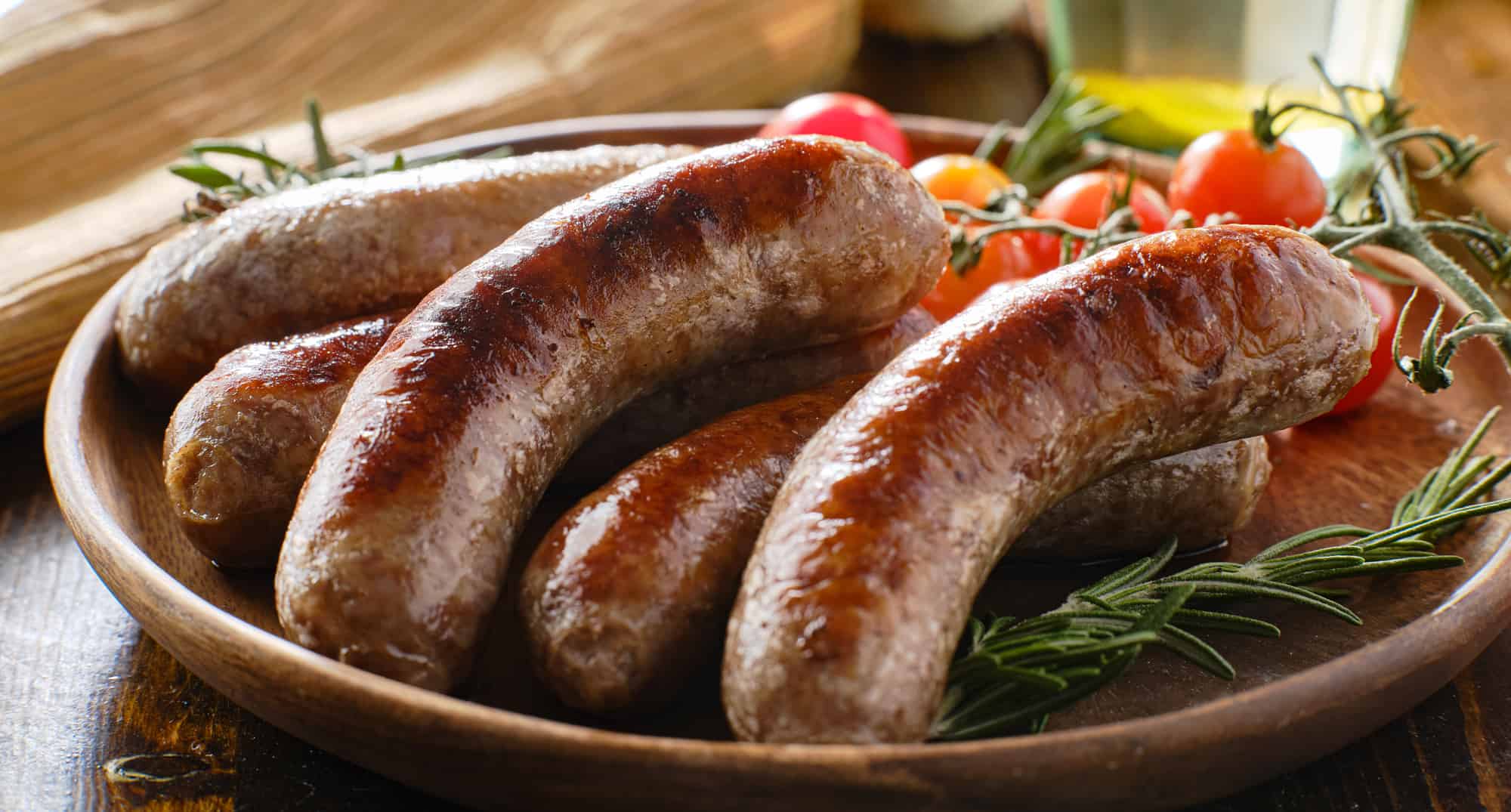
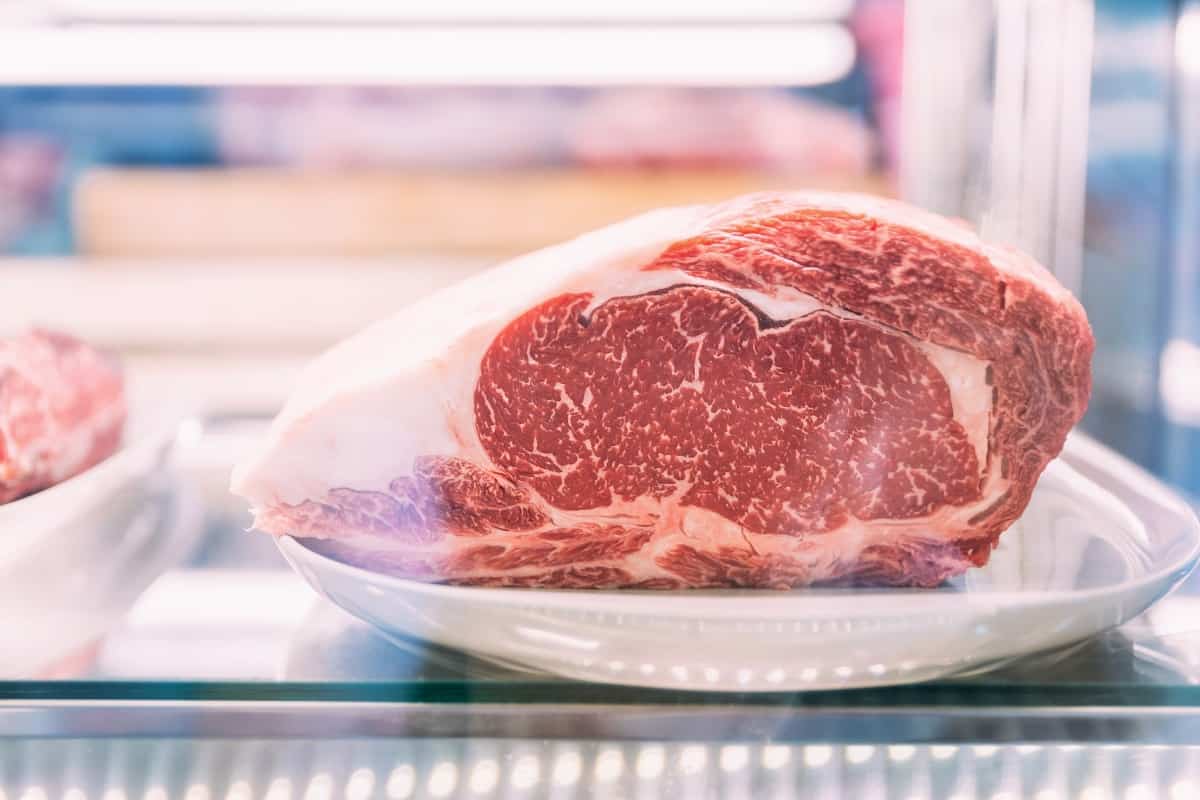
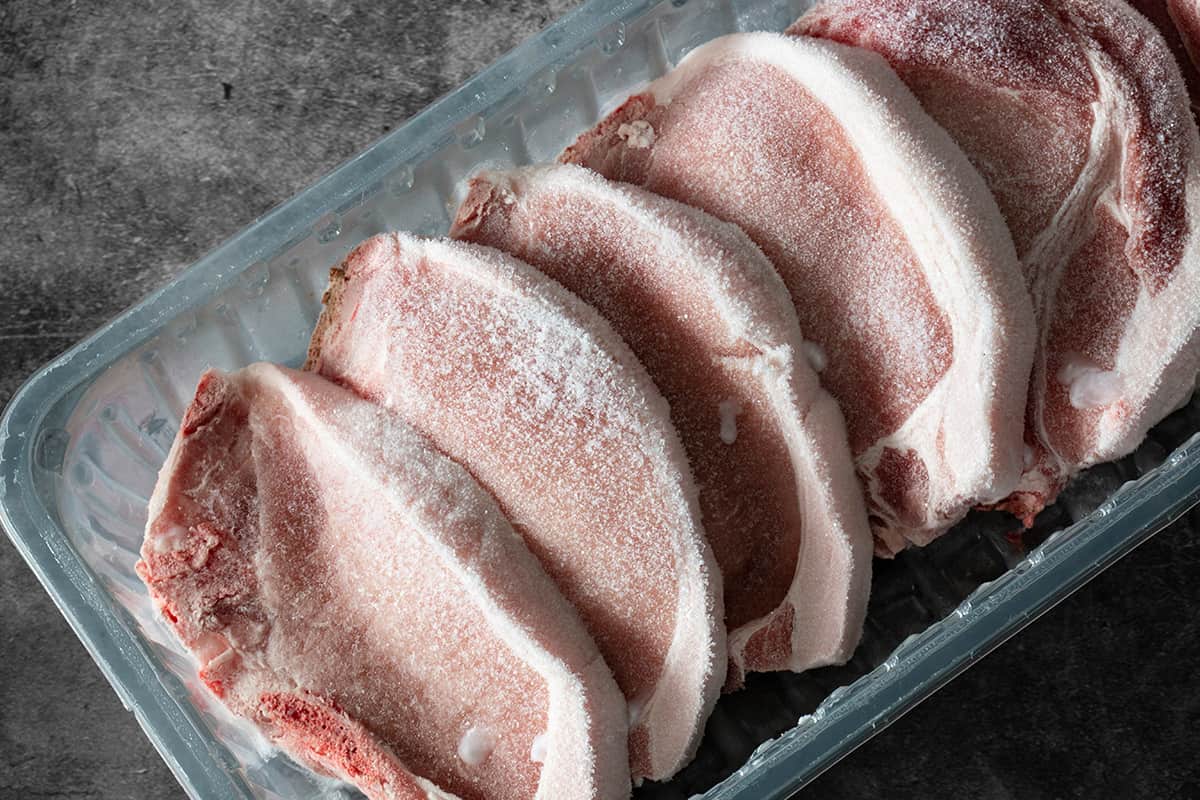
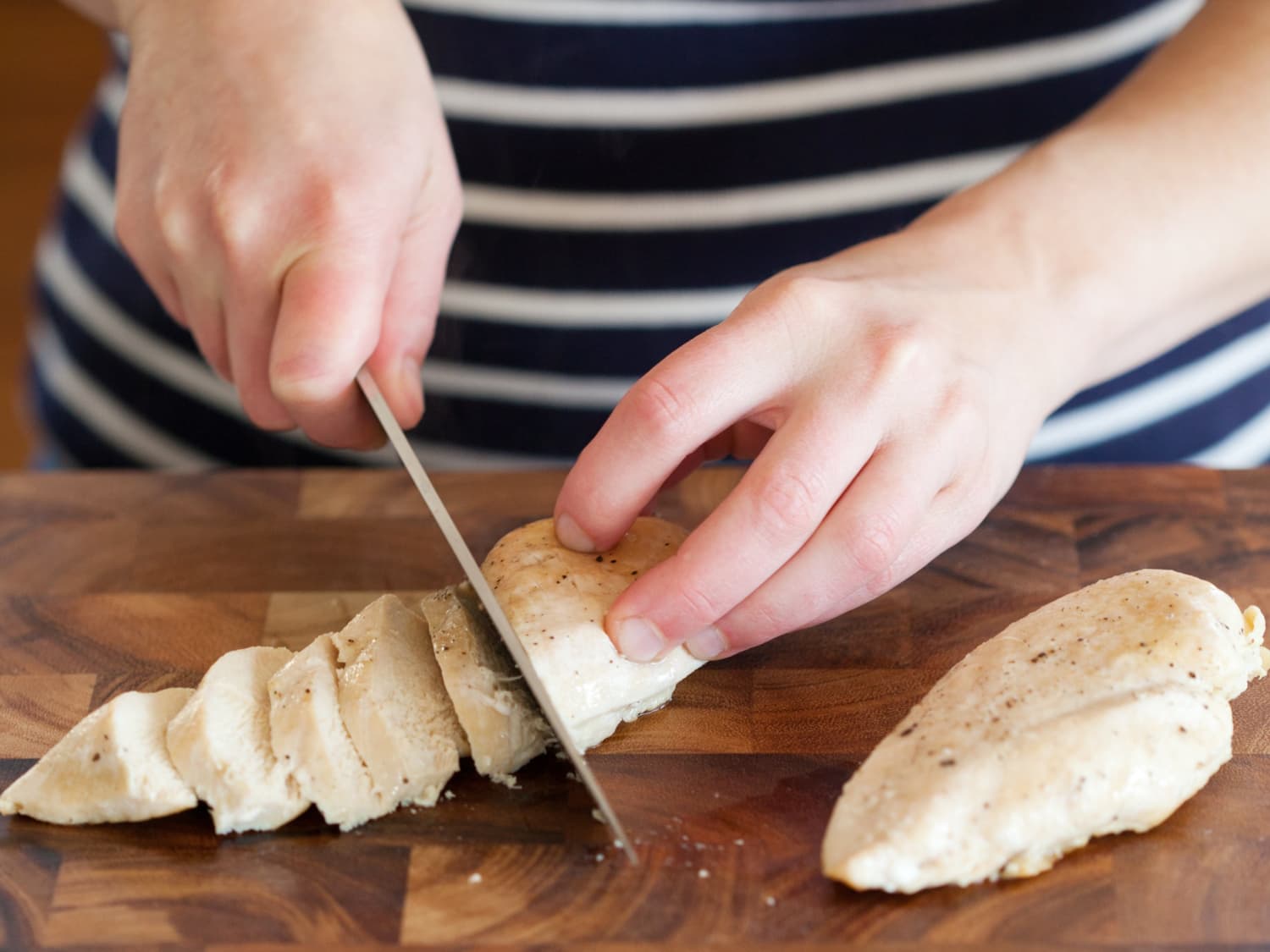
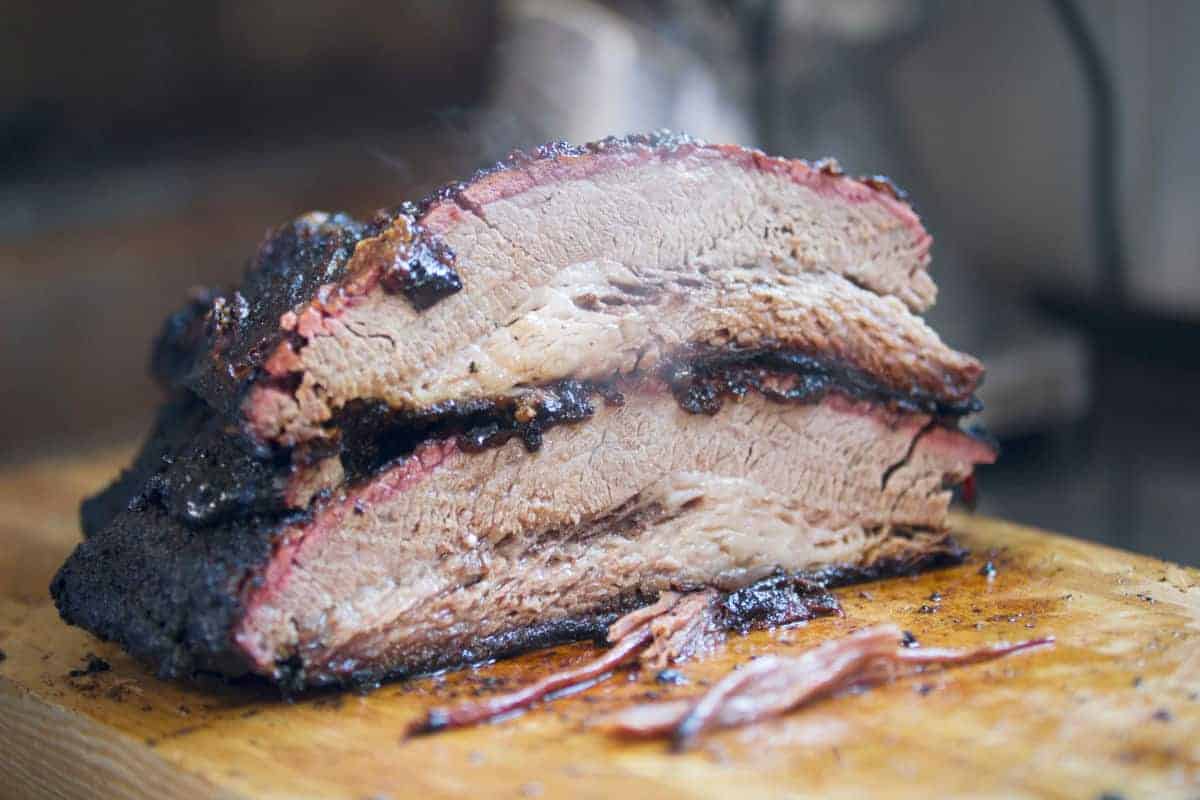
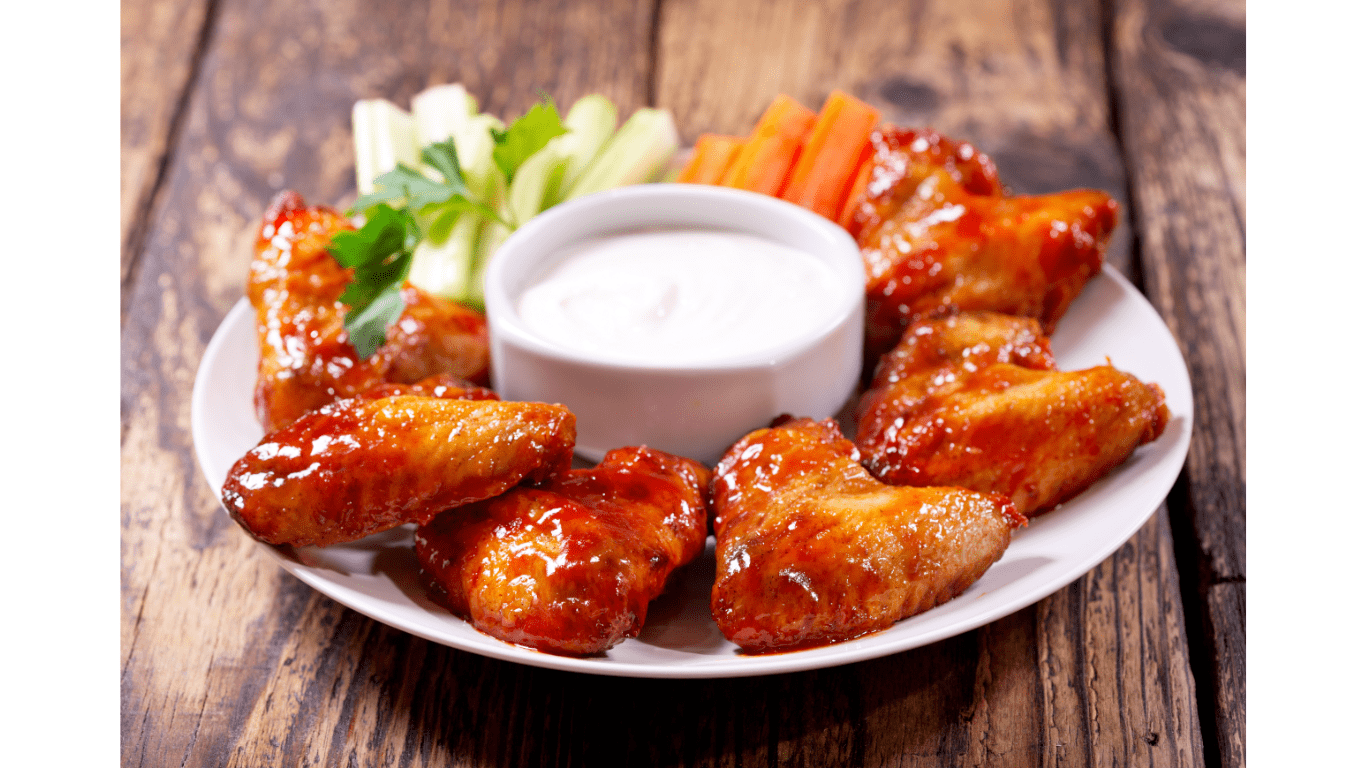
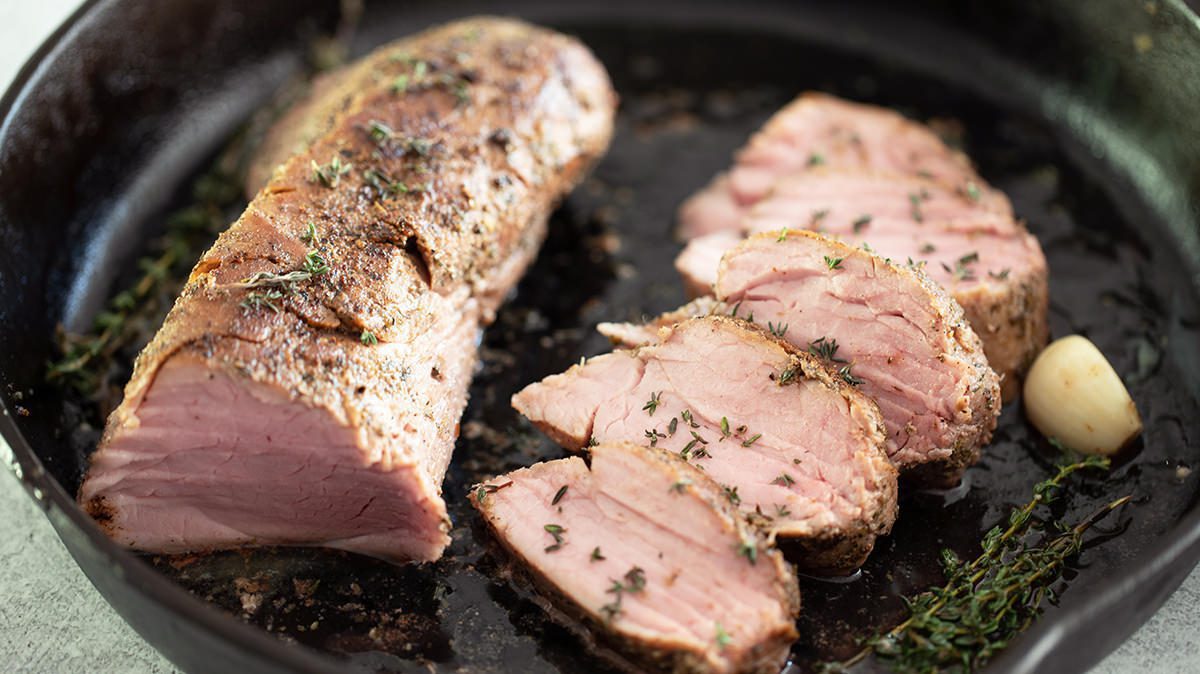
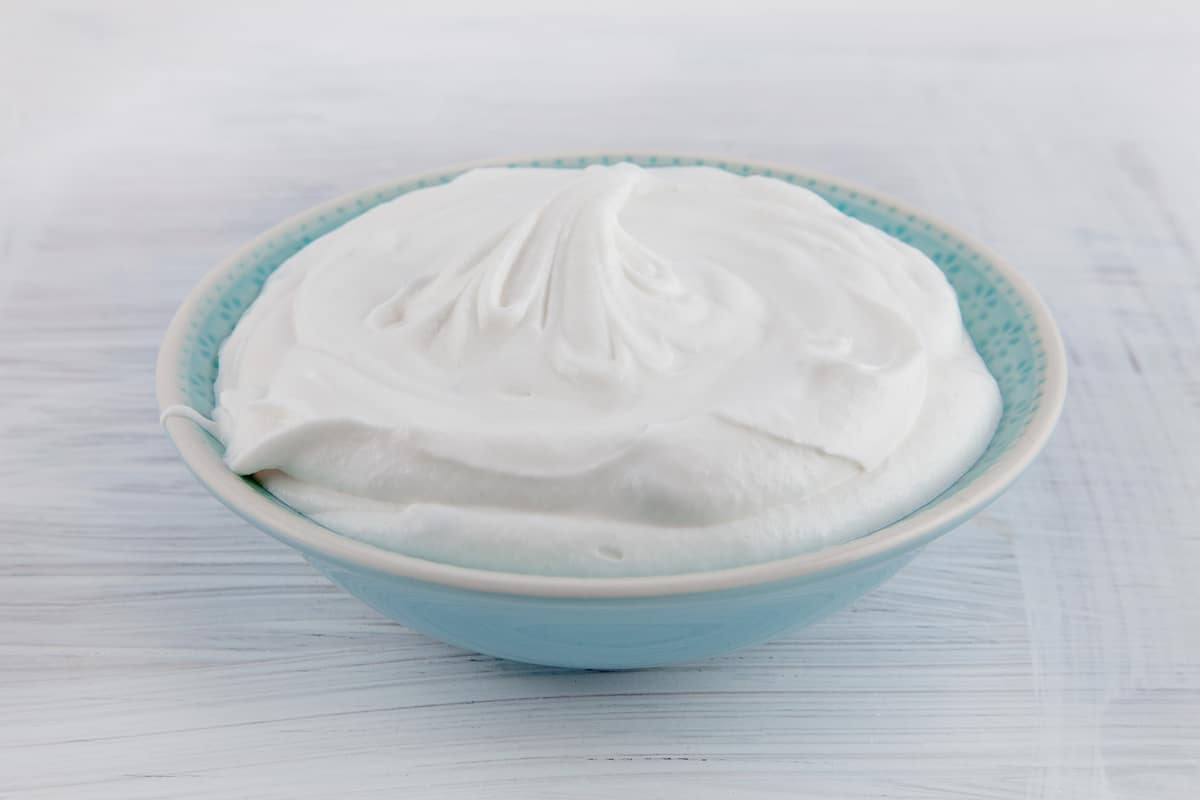

0 thoughts on “How Long Are Freezer Meals Good For”